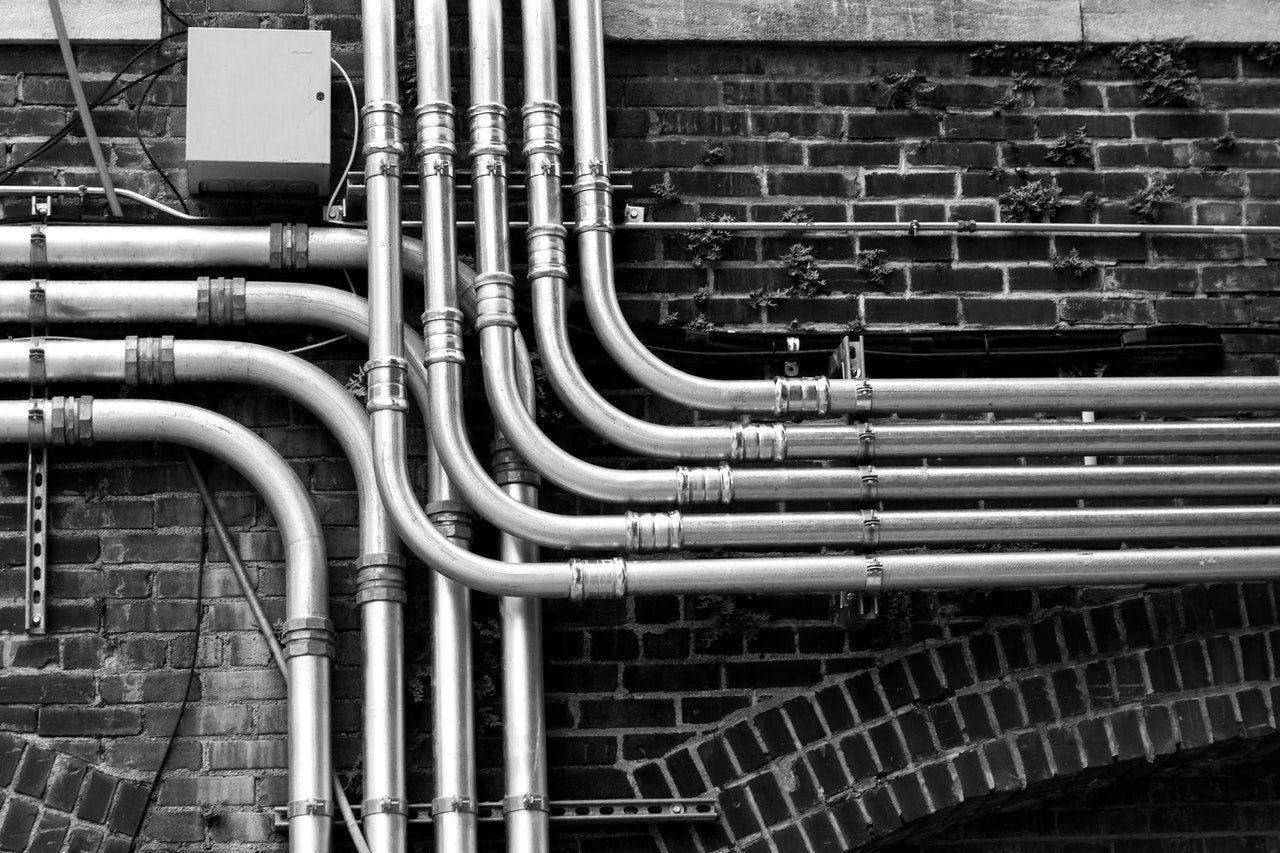4 Winter Plumbing Problems That You Have to Know About

Winter weather can create plumbing issues, including frozen pipes, this being one of the core problems of the season. This is why we thought it would be useful to put together a brief article discussing this subject. If you want to learn more about this, read on for four winter plumbing problems that you have to know about.
Frozen Outdoor Plumbing
Water lines supplying outdoor spigots can freeze during the winter if they have not been properly winterized. Because these lines do not run into the home and typically go unused during winter months, a burst pipe can cause freezing water to flood the exterior of the home before anyone notices.
You have to winterize the outdoor hose bibbs to prevent damage during winter. Disconnect the hoses from the faucets in your home and connect them to the storage tank to avoid damage. At the valves near the faucets turn off the valves that supply water to the spigots. Next, open the hose bib outside and close it when you are done draining water.
Frozen Indoor Pipes
Home water supply pipes can freeze during the winter months, often in uninsulated areas and along exterior walls. This can cause pipes to crack or burst, leading to major water leaks. If water supply pipes freeze, you might notice a light flow of water from sinks or no water flow at all.
During cold weather, leave faucets running at a trickle to drain out excess water, preventing your indoor pipes from freezing completely. Aside from this, you’ll also want to install pipe insulation as this will help stave off the harsh conditions that come with the winter season.
Clogged Kitchen Drains
During the holiday season, kitchens get a workout. Cooking leads to more food waste and garbage disposals, which results in kitchen drain clogs. To prevent drain clogs from occurring and to remove any clogs that do form, do the following:
- Be sure to only dispose of uneaten fat, grease, cooking oil, old coffee grounds, and leftover meat bones in your trash can. Do not put these items down your garbage disposal, which could gum up or clog it.
- Turn on cold water at the kitchen sink before using the garbage disposal. Let it run for about 15 to 30 seconds after turning off the disposal to allow the food waste to move through the drain.
- Clean garbage disposals by running ice through them periodically. Cover the drain before starting the disposal, to prevent foreign objects from falling in and causing damage.
Water Heater Issues
If your water heater experiences heavy usage during winter months, with homes filled with guests over the holidays, it may struggle to keep up with demand. If your water heater fails to deliver hot water, you may need to replace it.
Aside from replacing the water heater, you can also address the issue in a slew of different ways. The first thing you have to do is to perform regular maintenance on your water heater. Drain and replace the water at least once a year, and test the pressure valve to ensure it is functioning properly. Aside from doing regular maintenance, you should also insulate the inlet and hot-water pipes connected to your water heater so that the water flowing through the pipes doesn’t freeze, causing the water heater to overheat. Insulate these pipes also so that hot water can more easily reach your faucets without loss of temperature.
Conclusion
We hope this article proves to be useful when it comes to furthering your understanding of these common winter plumbing problems. With the information that we’ve laid out here, you should be able to combat basic plumbing problems. For more serious issues, we suggest that you contact a professional plumbing company to help you out.
All City Plumbers is a commercial plumbing company offering sewage and drainage cleaning and 24-hour plumbing services. Let us handle all the issues your home’s pipes may have, and we’ll ensure you of a clog-free sewer line as soon as possible. Schedule an appointment today through our website.











